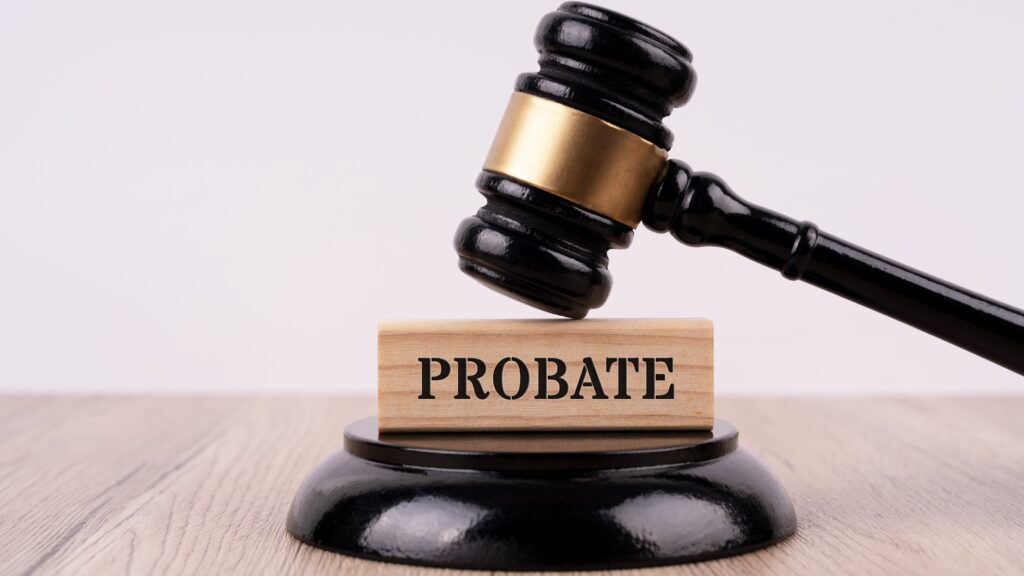Let’s discuss a term you might not hear daily – “heirship.” It’s like an old friend in the world of estates, legal matters, and family legacies. Heirship is about determining who’s next in line to inherit when someone passes on to that big ranch in the sky. It’s like uncovering the family tree’s secret map, showing who gets what piece of the pie. When there’s no will to spell things out, heirship steps in. It’s the process of legally confirming who the rightful heirs are. It’s not just about dividing the estate evenly; it’s about honoring the bloodline and ensuring everyone gets their fair share.
To establish heirship, you often need to prove family connections through documents, testimonies, and sometimes even a bit of detective work. The court will take a look at your family history, hear what folks have to say and decide who’s entitled to the assets. It’s like solving a genealogical puzzle where the prize is a piece of the inheritance pie. So, heirship isn’t just a legal term. It’s a journey through family ties and legacies, ensuring the right folks inherit the memories, the treasures, and the traditions. In a way, it’s like keeping the flame of the family story burning bright for generations to come.
The Texas Probate Process
First things first, what’s the Texas probate process all about? Well, it’s like that good old Texan BBQ recipe – it’s got steps, and it’s got flavor. Texas probate is the legal trail you follow to ensure that a deceased person’s estate is settled properly. It’s not just any law; it’s Texas probate law, keeping everything in check.
The Stages of the Texas Probate Process
Now, let’s rustle up the key stages:

1. Wrangling the Will
The Texas probate process begins with the filing of the will in the probate court. If there’s no will, Texas probate law lays down the rules for determining who gets what. It’s like setting up the campfire before a night under the stars.
2. Roundup of the Executor
Next, the probate court appoints an executor, like the trail boss. This individual takes the reins and guides the estate through the probate process. Sometimes, you might need the guidance of a probate lawyer or a well-versed probate law firm to help steer this ship.
3. Saddle Up for Creditor Notification
As per Texas probate law, it’s time to notify potential claimants, such as creditors. The trick is to publish a notice in the local newspaper inviting them to join the rodeo. This is where debts come to the forefront, ensuring a level playing field.
4. The Estate Inventory Roundup
The executor is responsible for creating a comprehensive inventory of the estate’s assets, just like tallying up the livestock. Every item is accounted for, ensuring that nothing is left out.
5. Rodeo of Claim Evaluation
This is where the rubber meets the road, Texan style. The executor reviews the claims submitted by creditors and other interested parties, making sure they fit the legal requirements set by Texas probate law. It’s like a sheriff ensuring everyone’s on the right side of the law.
6. Settling the Debt Duel
Valid claims are the real cowboys of this rodeo. The Texas probate process allows these claims to be paid off from the estate’s assets. It’s like settling a high noon duel – debts are squared away, and the showdown ends.
7. Dividing the Estate Spoils

And now, the grand finale! The remaining estate assets are distributed as per the will’s instructions. Imagine it as the moment when the cowboys count their cattle and decide who goes where. It’s a well-orchestrated hoedown.
Saddle Up with Legal Support
While you can surely ride this trail on your own, it’s never a bad idea to rope in a trusty probate lawyer or a reliable probate law firm. They’re like the seasoned cowboys who know the land, the law, and how to navigate the twists and turns of the Texas probate process.
What Is an Heirship Proceeding During the Texas Probate Process?
We’re about to dive deeper into a topic that’s as Texan as a rodeo – heirship proceedings during the Texas probate process. These proceedings play a crucial role when there’s no clear will or when the existing will raises questions about who inherits what. So, put on your cowboy boots, and let’s mosey through the details.
The Lowdown on Heirship Proceedings in Texas Probate
An heirship proceeding is like a campfire gathering but with a legal twist. It’s the formal process of determining who the rightful heirs to a deceased person’s estate are when the last will and testament isn’t unclear or no valid will exists. In Texas, where everything’s bigger and more complicated, this procedure ensures that the estate is passed on according to good ol’ Texas probate law.
When Do You Need a Heirship Proceeding?
Imagine you’re in charge of settling the estate of a family member who didn’t leave a will or left one that’s about as clear as a dusty trail. How do you figure out who should inherit what? That’s where the heirship proceeding rides in like a trusty steed. It’s your legal lasso to formally establish the legal heirs, ensuring that everything is on the up-and-up, just as Texas probate law dictates.
Following the Heirship Trail in Texas
1. Lassoing a Texas Probate Lawyer: Your first step is to wrangle in a Texas probate lawyer. They’re the trail guides in this legal wilderness, helping you navigate the process with expertise.
2. Filing the Petition: The heirship proceeding begins by filing a petition in the probate court. This is like planting your flag in the Texas soil and saying, “Here we are!” The petition outlines the family tree, establishing who the potential heirs might be.
3. Notifying All Parties: Just like a roundup on the ranch, you need to let everyone interested know what’s happening. Texas probate law requires notifying potential heirs, creditors, and anyone else who’s got skin in the game.
4. Courtroom Showdown: Like you expected, there’s a good old courtroom showdown. Witnesses are called to testify about the family’s history and relationships. It’s like spinning a yarn around a campfire, but this time, it carries legal weight.
5. The Judge’s Verdict: After all the dust settles, it’s time for the judge to make the call. Based on the evidence presented during the hearing, the judge determines who the legal heirs are, and Texas probate law is their guidebook.
Why Heirship Proceedings Matter in Texas
Heirship proceedings aren’t just a legal formality but essential to ensure the estate is divvied up according to Texas probate law. They provide the legal clarity needed to keep the process as fair and square as a poker game in a saloon, especially when there’s no clear will or questions about its validity.
So, when you’re in the heart of the Texas probate process, and the question of inheritance arises, remember the trusty heirship proceeding. The legal tool ensures the family’s legacy is passed on, true to the Texan way.







